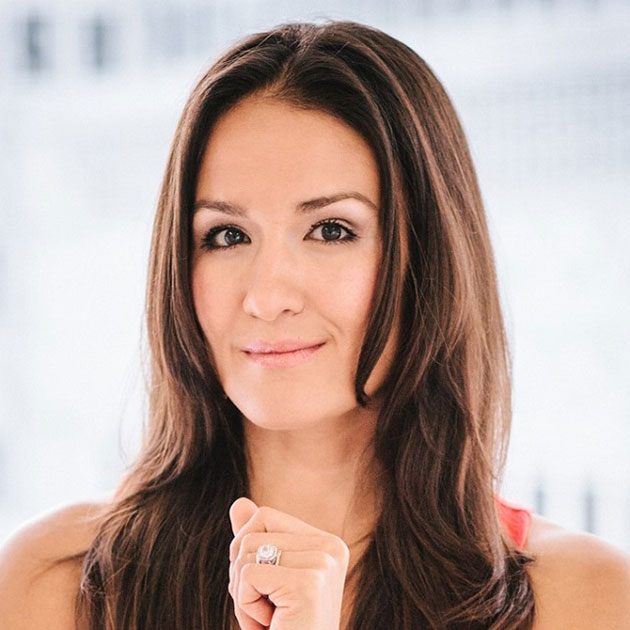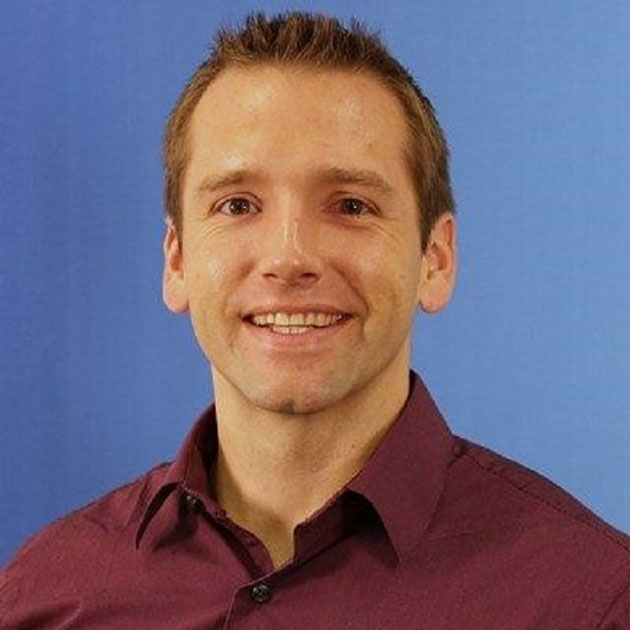
Aircraft Captain, Training & Safety Manager; Paypal Aviation Department
Hanks started his education with an undergraduate degree at Embry-Riddle Aeronautical University and has had a long career path to land his current job. Throughout his career, Hanks saw setbacks as opportunities that led him to his current position, based in the San Francisco area, and never forgot his passion for the aviation industry. As an aircraft captain, Hanks is responsible for the safety, regulatory compliance and service of all flights to which he is assigned. As training manager, he assists in establishing aviation department policies, monitors the effectiveness of set policies and ensures these policies are followed so all operations are carried out in a safe and efficient manner. As safety manager, Hanks establishes safety program elements and ensures these elements are consistently followed. “I also act as liaison as appropriate on matters of aviation industry safety concerns, communicate safety issues to all within the aviation department, monitor compliance with applicable safety standards (such as DOT, FAA, OSHA, EPA), and provide periodic reports to management on safety program status and compliance,” he says.
What do you enjoy about your current position/profession?
My current role is immensely fulfilling for me. Not only does it allow me to pursue my lifelong dreams in aviation, but it also allows me to utilize the skillsets I’ve developed in business. Happiness and success are often found where you can connect what you are good at and passionate about with where you can add value.
What unexpected experience or event has shaped and/or influenced your current professional life?
I’ve been around aviation my entire life and flying has always been what I am most passionate about. I consider myself very lucky to do what I love every day. However, I wasn’t always happy with my job. I started my aviation career in the military then quickly moved on to fly for a couple of different airlines. It took me several years of soul searching and self-discovery to realize that commoditized air travel is not for me, but it took a major life event to push me out of my comfort zone. In 2010, I was furloughed from a very good aviation job due to macroeconomic conditions at the time. I found myself without a job and with a very narrow skillset for which there was no market to support. So rather than force the issue, I took the opportunity to go back to school and get an MBA at the Jindal School. It was absolutely the best decision I ever made. After graduating from the Full-Time Cohort MBA program, I landed a job in corporate finance, but I never lost my passion for aviation. I networked like crazy and made a solid connection with the head of the aviation department at the company I worked for. I moonlighted on nights and weekends doing projects for him, far outside the scope of my day job, and focused entirely on what value I could provide to him and his department. After a few years, he left the company to become COO at an aircraft management company on the East Coast. About a year later, he called me with a unique job opportunity as a corporate pilot, financial analyst and operations manager for the company he was working for. And just like, my career in corporate aviation was born.
What characteristics do you look for when hiring people into your workplace?
First and foremost, we look for someone with high levels of confidence matched with equally high levels of emotional intelligence. Good communications skills are key as well. Character, integrity, personality, responsibility, trustworthiness – these are all attributes we look for in a candidate. Of course, these attributes are hard to determine in an interview alone. That is why we so heavily weight referrals and recommendations. And that is why networking (or friend-making as I like to think of it) is so important.
Did a UT Dallas professor inspire you? Who was that and how was that person inspirational?
I had lots of wonderful professors at UT Dallas. I was and continue to be inspired by many of them. However, the person who influenced me the most at Jindal School was not a professor. For me, Lisa Shatz, who is assistant dean of the MBA programs, had the most palpable and lasting impression on me. Lisa is a great communicator and a true leader. She used to say that the world is run by people who show up and that the most important characteristic of leadership is being present. She exemplified this throughout my time at UT Dallas. Lisa was a constant in the Jindal School. She always took your meetings, answered your calls and fielded your questions. And although she was busy building a department, you always knew she was present and in the moment when you were with her. Lisa showed me that listening is a key component of effective communication and showed me what emotional intelligence looks like in action before I ever comprehended the words of Daniel Goleman.
What advice do you have for college students hoping to succeed professionally?
My advice is to never stop learning and growing both personally and professionally. Stagnation and complacency are the only real enemies. Get comfortable outside your comfort zone. Learn to embrace failure and use it as a tool for success. Look for opportunities in every set back – never sulk or feel sorry for yourself. Take responsibility for everything in your life. When you own things, you control them. Always remember that a skillset, as important as it may be, usually just gets you in the door. Beyond that, it takes intangibles such as focus, drive, persistence and an ability to connect with people and develop lasting relationships that really lead to long-term success.
What makes an effective leader?
Throughout my career, I’ve closely watched the leaders I’ve been associated with and I’ve learned just as much from the bad leaders and the good ones. It is just as important to learn what NOT to do as it is to learn what TO do. So, keep in mind you can learn from anyone and everyone. It’s all a state of mind. Also, you can read leadership books all day long, but in the end, it comes down to putting it into practice. A good leader effectively puts what he or she has learned into practice and does so with consistency. Good leaders aren’t perfect, but they get it right more often than not. When they do get it wrong, they atone for it and learn from it so that it doesn’t happen again. Great leadership is an art form, and a great leader is a body of work. The best leaders I’ve been associated with always made me feel as if they were putting me first, showing off my talents, giving me the credit, elevating my game by holding me accountable – fair but tough. In the end I worked hard for them, gave them everything I had, focused on adding value to their lives and on increasing their bandwidth by handling the tough jobs well with little oversight. The beauty, when done right, is in the symbiosis of a well-led team. It is a joy to be a part of. Finally, always make sure to choose who you work for wisely. Your success is directly tied to the type of leader you are associated with.




